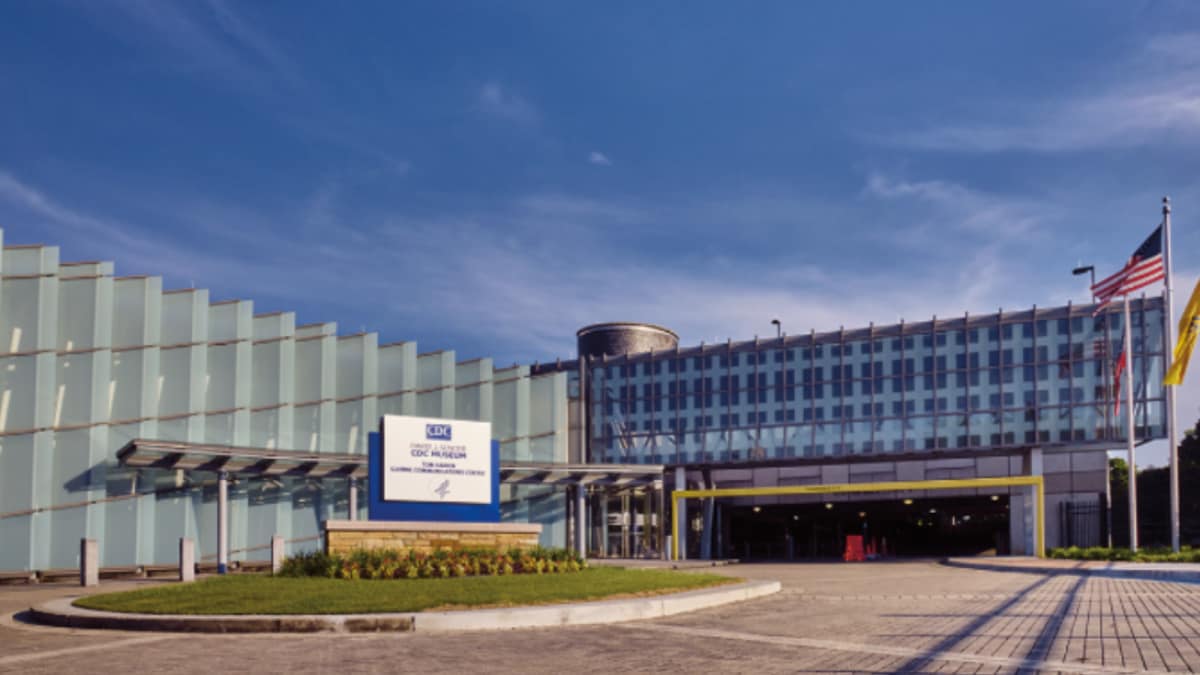The Bharatiya Janata Party (BJP), through its senior leaders and workers, will organise events at the State, district, and block levels across the country to inform all sections of society, including the business community, about the major rationalisation of Goods & Services Tax (GST) rates and its positive outcomes.

At a press conference, Union Minister Ashwini Vaishnaw said the party has been receiving positive feedback from various quarters on the substantially reduced GST rates, which will make a wide range of goods linked to “food, clothing, and shelter” cheaper from September 22.
Also Read | GST overhaul: Nirmala Sitharaman writes to State Finance Ministers, thanks them
Prime Minister Narendra Modi’s commitment to middle class families has been reflected in the government’s decisions from time to time, including the recent income tax exemption, Mr. Vaishnaw said. “Similarly, by making a big reform in GST, the Prime Minister has given a major relief to middle class families,” he said.
Also Read | GST reforms will cause ₹3,700 crore revenue loss to government: SBI report
“Before 2014, there was such a web of taxes resulting in a huge burden on the common man. GST has brought many benefits. Over the past six-seven years, it has been simplified and now stabilised,” Mr. Vaishnaw said, adding that the reform would lead to an increase in demand across all sectors, also leading to growth in manufacturing and, therefore, jobs. There would be a positive impact on the country’s overall economy, in savings, investments, and expenditure.
GST tax reforms: What exactly is getting cheaper from sept 22?
GST tax reforms: What exactly is getting cheaper from sept 22? | Video Credit: The Hindu
“Now is the time in which self-reliant India is being built, in which the respect for ‘swadeshi’ is increasing. People are adopting ‘swadeshi’ with great enthusiasm and pride. Almost all the associations, whether it is white goods, FMCG (fast-moving consumer goods), insurance, industry, electronics industry, all the federations and councils of every sector have said very clearly that the benefits of GST will be passed on directly to the masses. The Finance Minister will keep a close watch,” the Minister for Railways, Information and Broadcasting, and Electronics and IT said.
Mr. Vaishnaw also spoke about the measures being taken to expand the base of the manufacturing sector. “In manufacturing, we need to look at three levels. The first is the design level, the second is that of finished product, and the third is the level of components, materials, and equipment. Work is going on, sector by sector, at all these three levels simultaneously,” he said.
Citing the telecom sector, Mr. Vaishnaw said the country had earlier imported equipment for 50-60 years. “First of all, radios, basement units, etc., were designed in India. Then, manufacturing of finished products started, and now, at the component, capital equipment, and materials level, we are building that base,” he said. The same example could be given for semiconductors, electronics manufacturing, pharmaceutical, etc., the Minister said.
Responding to a query on a positive exchange between U.S. President Donald Trump and Prime Minister Narendra Modi on social media, Mr. Vaishnaw said Mr. Modi “has given a new shape to the country’s foreign policy in the last 11 years, keeping in mind the national interest, the interests of our citizens, farmers, fishermen, youth, and middle class families, keeping them safe”.
“The Prime Minister has kept such an overall comprehensive policy framework in these 11 years which we had never seen in the last 50-60 years. Because of that, there is a new trust in India all over the world. India is seen in the world with a new hope...the U.S. is a big democracy. India is the world’s mother of democracy. It is natural for these two democracies to have good relations,” Mr. Vaishnaw said.



.png)
.png)
.png)
















 2 hours ago
2
2 hours ago
2






 English (US) ·
English (US) ·